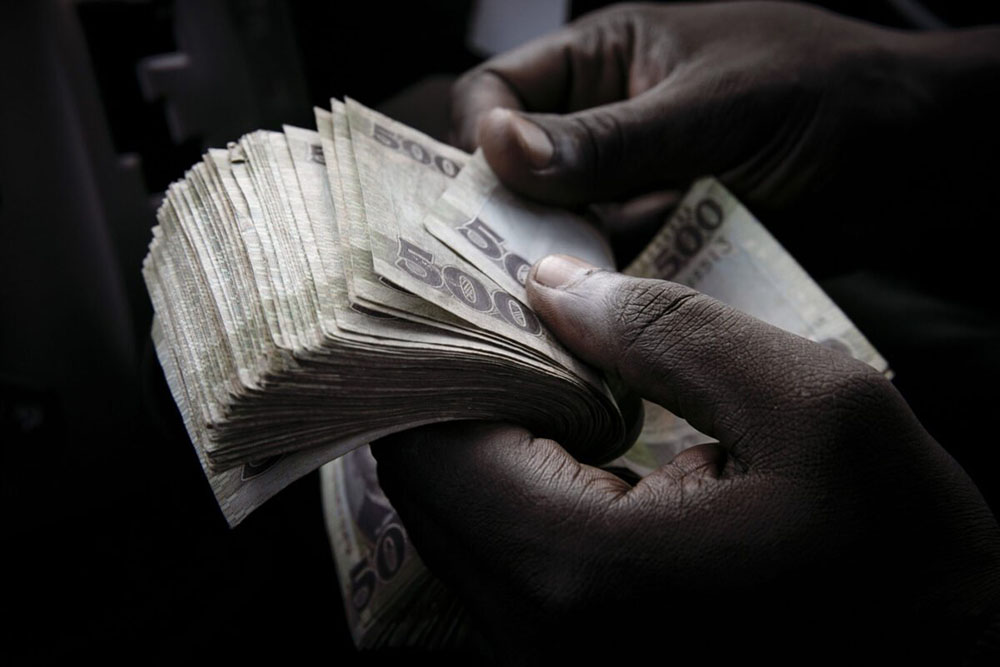
Market war rages on..!
Yousef Seraj
The decline of the Sudanese pound has exacerbated the already dire living conditions and has become a double burden on the majority of Sudanese affected by the ongoing war for half a year. During this time, they have lost much of their savings and living security due to displacement and forced refuge as the fighting continues to escalate between the army and the Rapid Support Forces since mid-April.
Wide sectors of the labor force are suffering even more due to the suspension of many daily activities, along with the non-payment of salaries for workers in both public and private sectors for more than five months. The prices of essential consumer goods have continued to rise, causing many people to complain about the enormous increases. Traders attribute this to the rising prices of foreign currency against the Sudanese pound, which has begun to sharply deteriorate to its lowest value in history against foreign currencies in the parallel market. The price of the US dollar has reached about 900 pounds by the first week of October, amid fears that it could reach 1,000 pounds.
Despite the measures taken by the Central Bank, which included reducing the ceiling of bank transfers through the Bank of Khartoum, the instability in the exchange rate stands as a testament to the failure to curb the black market.
Banks and many branches of banks in the states are still struggling to resume their work normally and activate the electronic banking applications of some commercial banks, some of which are operating partially.
Prices in state markets have continued to rise, directly affecting the livelihoods of citizens through increases in the prices of eggs, dairy products, cheese, rice, lentils, beans, and other essential life necessities.
The continuous rise in prices makes living in Sudan difficult and beyond the capacity of most Sudanese, due to displacement and the cessation of productive activities.
A state of recession and depression in the Sudanese markets is evident to anyone observing the activity due to the rising prices of goods in line with the decline of the pound against foreign currencies.
Several challenges still persist, and others are beginning to emerge, threatening to require full attention to the reality of increasing unemployment and its social and economic effects.
History has not recorded stability or growth in times of war; on the contrary, wars hasten the end of states. The Sudanese war, with diminishing chances of a peaceful solution and an end to the ongoing fighting, will actually threaten the countrys economy and push it into an abyss of hunger, destitution, and displacement unless the people as a whole pay attention to the consequences of this reality and force the saboteurs and fighters to stop the destructive war.
Crimes of looting and robbery of banks, in addition to transferring large amounts of cash into foreign currencies and transferring and smuggling them outside the country, are among the main reasons for the confusion in the foreign exchange market, in addition to the tendency to import fuel in light of weak revenues.
The war completes its sixth month, and the Ministry of Finance has granted public sector employees only one months salary. The treatments in the performance of the executive apparatus require accelerating the pace of treatments to the level of catastrophic challenges.


